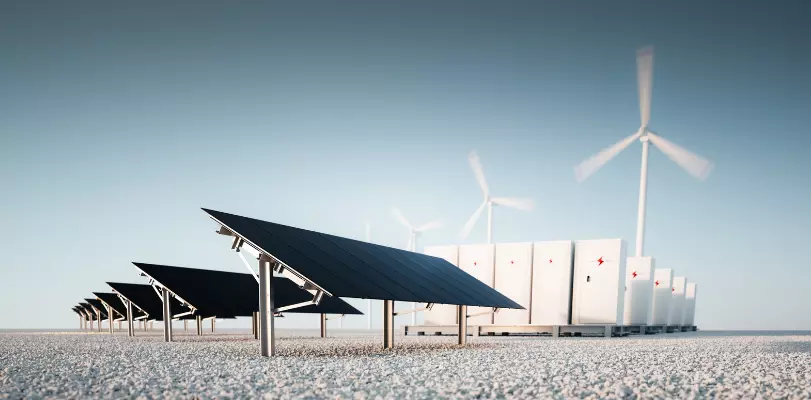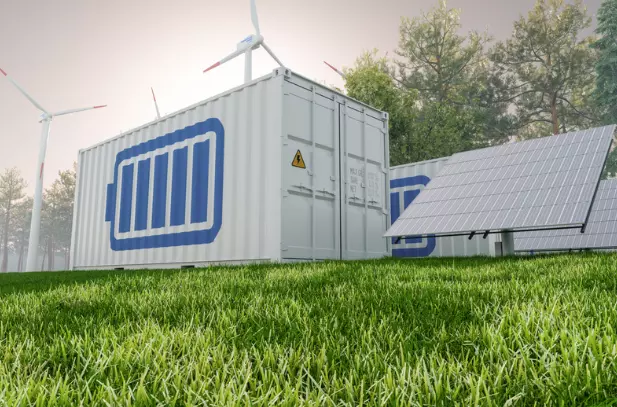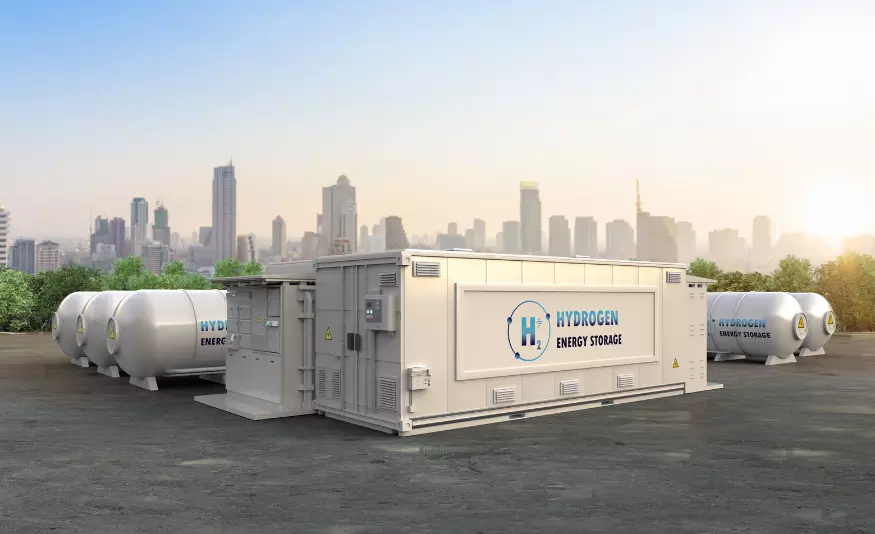What are the benefits and challenges of Energy Storage Systems?
Energy storage systems offer unique advantages and pose specific challenges in the realm of energy storage, playing a crucial role in bridging the gap between energy generation and demand while integrating renewable energy sources, but requiring careful technology selection, scalability, and integration into existing infrastructure.
Benefits of Energy Storage Systems
Reducing Peak Demand- One of the significant advantages of energy storage systems is their ability to reduce peak demand on the power grid. During periods of high electricity usage, such as hot summer days or evenings when people return home from work, the demand for electricity can surge. Energy storage systems can supply additional power during these peak times, alleviating stress on the grid and reducing the need for expensive infrastructure upgrades.
Enhancing Grid Reliability- Energy storage systems contribute to grid reliability by providing backup power during blackouts or grid failures. In situations where the primary power source is disrupted, such as natural disasters or equipment failures, energy storage systems can provide a reliable and immediate power supply, ensuring critical services remain operational.
Integrating Renewable Energy Sources- Renewable energy sources like solar and wind are intermittent in nature, depending on factors such as weather conditions and daylight hours. Energy storage systems play a vital role in integrating these renewable sources into the grid by storing excess energy when generation exceeds demand and releasing it when there is a shortage. This capability helps to maintain a consistent power supply and increases the penetration of renewable energy in the overall energy mix.
Mitigating Power Outages- Energy storage systems can also help mitigate power outages by providing localized backup power. In areas prone to frequent outages or in remote locations with limited access to the power grid, energy storage systems can serve as a reliable and independent power source, improving the quality of life and supporting essential services.
Diverse applications- Energy storage systems have diverse applications, including stabilizing electrical grids, integrating renewable energy, enabling time shifting and microgrids, providing backup power, supporting electric vehicle charging, and optimizing energy consumption in industrial and commercial settings.

Challenges of Energy Storage Systems
Despite their numerous advantages, energy storage systems face several challenges that hinder their widespread adoption. These challenges include:
High Initial Costs- Energy storage systems often require substantial upfront investments, making their deployment economically challenging. The cost of batteries or other storage technologies, along with the necessary infrastructure and installation expenses, can pose financial barriers for large-scale implementation.
Limited Energy Capacity- While energy storage systems have made significant advancements, they still have limitations in terms of energy capacity. The amount of energy that can be stored and discharged by these systems is typically lower compared to conventional energy sources, which can limit their ability to support prolonged periods of high demand.
Technological Limitations- Different energy storage technologies have their own technical limitations. For example, batteries may have limited lifespans and degradation over time, requiring replacement or maintenance. Other technologies, such as pumped hydro storage, may be limited by geographical requirements or availability of suitable sites. Ongoing research and development are necessary to address these limitations and improve the performance and efficiency of energy storage systems.
Environmental Impact- While energy storage systems contribute to reducing greenhouse gas emissions by enabling the integration of renewable energy sources, their manufacturing and disposal processes can have environmental impacts. For instance, some battery technologies involve the use of rare or toxic materials. Ensuring the sustainable production and recycling of energy storage systems is crucial to minimise their environmental footprint.

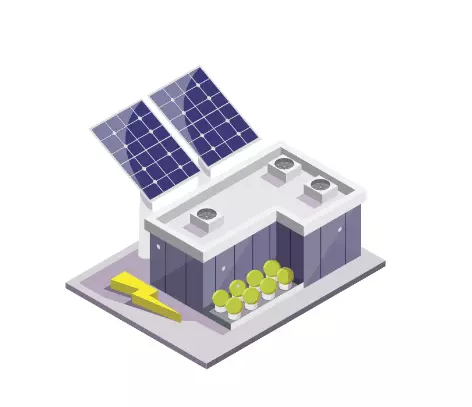
Grid Stabilisation and Peak Shaving: Energy storage systems play a crucial role in stabilising electrical grids by balancing the supply and demand of electricity. They can store excess energy during periods of low demand and release it during peak demand, reducing strain on the grid and avoiding blackouts. This helps in achieving grid reliability and optimising energy distribution.

Industrial and Commercial Applications: Energy storage systems are used in various industrial and commercial applications to optimize energy consumption, reduce peak demand charges, and enhance energy efficiency. They can provide load leveling, voltage support, and frequency regulation, improving the overall performance and reliability of electrical systems.

Time Shifting: Energy storage allows for time shifting of electricity consumption. Excess energy generated during off-peak hours can be stored and utilized during peak hours when electricity prices are typically higher. This helps in reducing electricity costs for consumers and optimising the utilization of energy resources.
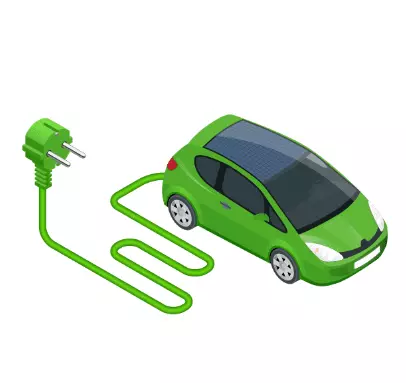
Electric Vehicle Charging Infrastructure: Energy storage plays a vital role in supporting the widespread adoption of electric vehicles (EVs). It can store excess energy from the grid and supply it for EV charging stations during peak demand, avoiding strain on the grid. Additionally, energy storage can provide fast-charging capabilities, reducing charging time for EVs.
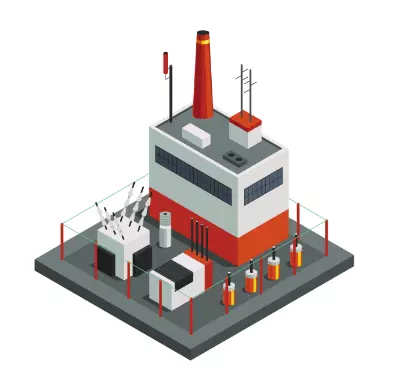
Microgrid Support: Energy storage systems are essential components of microgrids, which are localized power systems that can operate independently or in connection with the main grid. Energy storage helps microgrids manage and balance their energy generation, consumption, and storage, enabling reliable and resilient power supply to communities, campuses, or remote areas.

Backup Power and Uninterrupted Power Supply (UPS): Energy storage provides backup power in case of grid outages or emergencies. It ensures uninterrupted power supply to critical facilities, such as hospitals, data centers, and telecommunications infrastructure, where even a short disruption in power can have severe consequences.
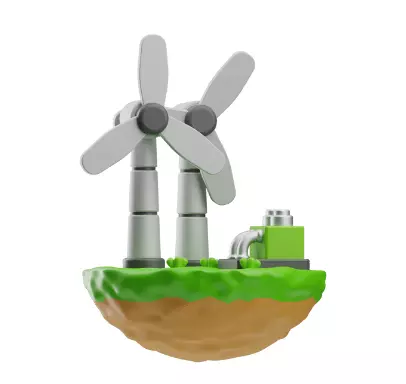
Renewable Energy Integration: Energy storage enables the effective integration of renewable energy sources, such as solar and wind, into the grid. As renewable energy generation fluctuates due to weather conditions, energy storage systems can store surplus energy when generation exceeds demand and release it when generation is low. This ensures a more consistent and reliable supply of renewable energy.

Electric Vehicle Charging Infrastructure: Energy storage plays a vital role in supporting the widespread adoption of electric vehicles (EVs). It can store excess energy from the grid and supply it for EV charging stations during peak demand, avoiding strain on the grid. Additionally, energy storage can provide fast-charging capabilities, reducing charging time for EVs.
HOW CAN WE HELP YOU?
Find out more about how we can support your business.
Our experts are always on hand to deal with your request.




